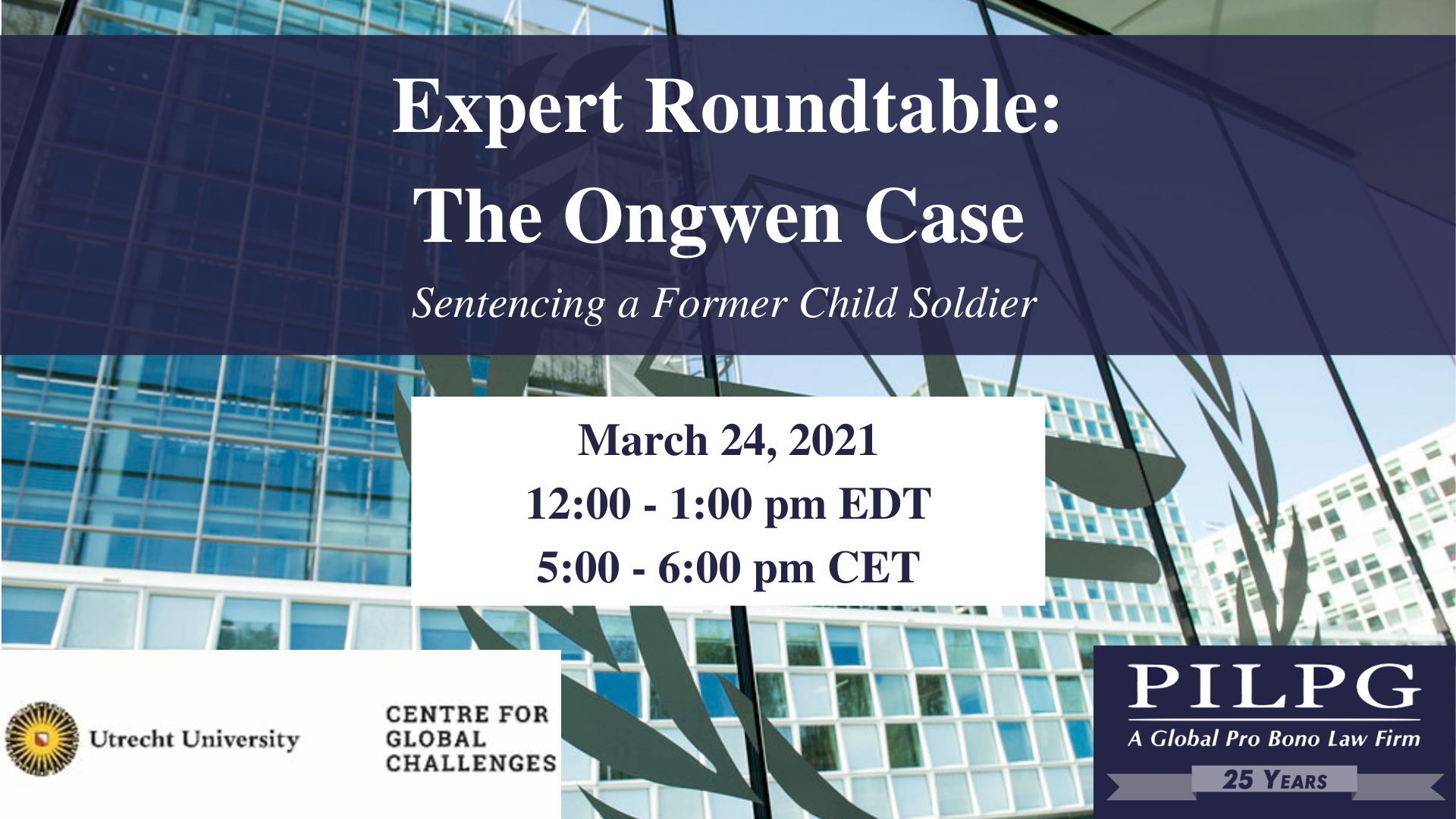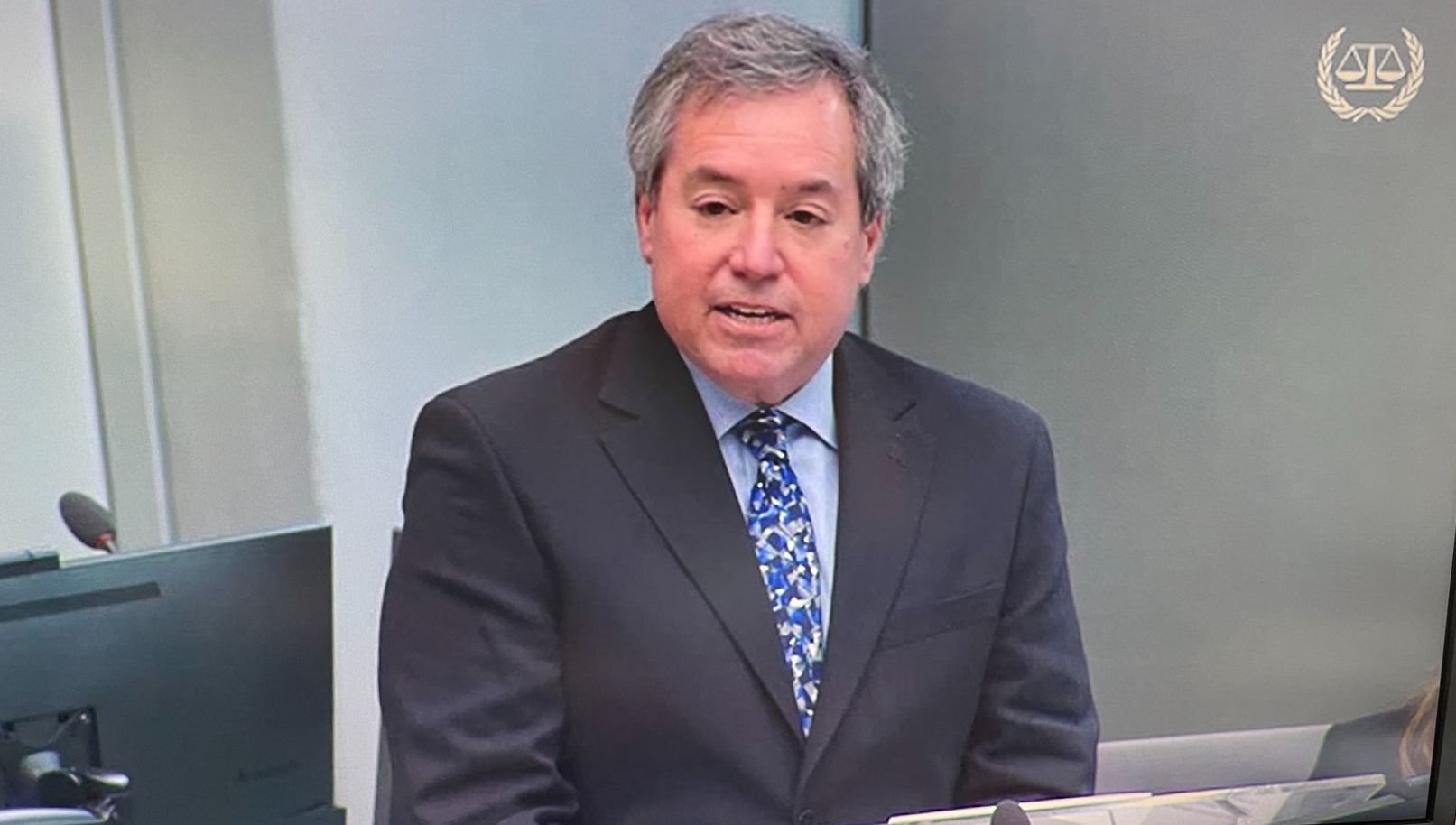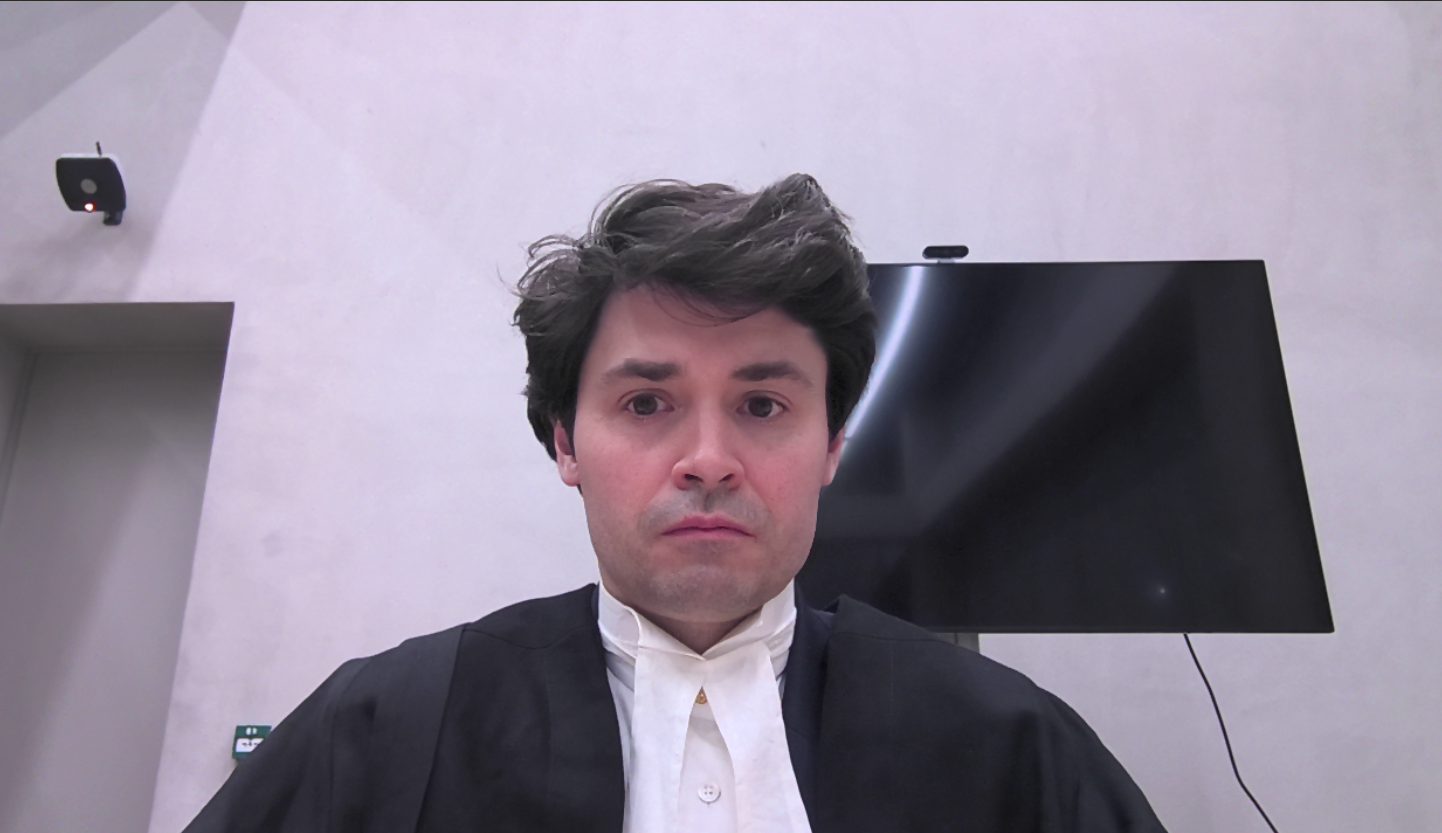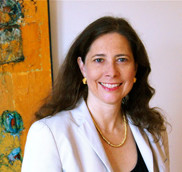Amicus Curiae Observations by Public International Law & Policy Group in the case of The Prosecutor v. Dominic Ongwen
The Ongwen Case
Dominic Ongwen was Brigade Commander of the Sinia Brigade of the Lord’s Resistance Army (LRA), at time of warrant. He is charged with 61 counts of crimes against humanity and war crimes allegedly committed after July 1, 2002 in northern Uganda. Ongwen is the first LRA commander to face trial before the ICC. Ongwen, who is now in his 40s, was kidnapped when he was around 10 years old by the LRA.
The trial began on December 6, 2016. On February 4, 2021, the International Criminal Court’s Trial Chamber IX found Dominic Ongwen guilty for a total of 61 crimes comprising crimes against humanity and war crimes, committed in Northern Uganda between July 1, 2002 and December 31, 2005. On May 6, 2021, Trial Chamber IX sentenced Dominic Ongwen to 25 years of imprisonment.
On May 21, 2021, the Defence Counsel of Dominic Ongwen submitted the Defence Notification of its Intent to Appeal the Trial Judgment.
For more information on the case, visit the ICC’s website here.
PILPG Expert Roundtable - Dominic Ongwen: Sentencing a Former Child Soldier
PILPG and the Utrecht University Centre for Global Challenges (UGlobe) hosted an expert roundtable on the Ongwen Case before the International Criminal Court.
Our panelists—Sarah Kihika Kasande, Dr. Kjell Anderson, Grace Acan, and moderators Professor Milena Sterio and Dr. Julie Fraser—provided insight into the case, the issue of mitigation of punishment, and several other key themes reflected in the judgment and proceedings.
Amicus Curiae observations by the Public International Law & Policy Group
PILPG was invited by the International Criminal Court Appeals Chamber to submit our written observations as amici curiae in the Ongwen case. PILPG submitted observations on the allocation of the burden of proof and the appropriate standard of proof in relation to the applicability of the grounds excluding criminal responsibility enshrined in art. 31(1)(a) and (d) of the Rome Statute.
On February 14, PILPG Co-Founder Dean Michael Scharf, delivered remarks before the International Criminal Court Appeals Chamber regarding PILPG’s Amicus argument. In a 10 minute statement, Michael Scharf argued that the provisions of the ICC’s statute, read in the context of the statute’s negotiating history, should be interpreted as requiring the defense to produce evidence supporting the insanity defense but thereafter requiring the prosecution to prove that the evidence adduced regarding mental disease or defect does not raise a reasonable doubt as to the guilt of the accused.
On February 15, PILPG Managing Director Professor Milena Sterio and Senior Legal Advisor Jonathan Worboys represented PILPG at The Hague in the Chamber's question and answer session, addressing the key legal question of who has the burden of proof for the insanity defense—the prosecutor or defendant—in cases before the ICC?
PILPG Experts
Dr. Paul R. Williams
Dr. Paul R. Williams holds the Rebecca I. Grazier Professorship in Law and International Relations at American University where he teaches in the School of International Service and at the Washington College of Law. Dr. Williams is also the co-founder of the Public International Law & Policy Group (PILPG), a pro bono law firm providing legal assistance to states and governments involved in peace negotiations, post-conflict constitution drafting, and the prosecution of war criminals. As a world renowned peace negotiation lawyer, Dr. Williams has assisted over two dozen parties in major international peace negotiations and has advised numerous parties on the drafting and implementation of post-conflict constitutions. Several of Dr. Williams' pro bono government clients throughout the world joined together to nominate him for the Nobel Peace Prize.
Dr. Williams has served as a Senior Associate with the Carnegie Endowment for International Peace, as well as an Attorney-Adviser for European and Canadian affairs at the U.S. Department of State, Office of the Legal Adviser. He received his J.D. from Stanford Law School and his Ph.D. from the University of Cambridge. Dr. Williams is a sought-after international law and policy expert. He is frequently interviewed by major print and broadcast media and regularly contributes op-eds to major newspapers. Dr. Williams has authored six books on various topics concerning international law, and has published over three dozen scholarly articles on topics of international law and policy. He has testified before the U.S. Congress on a number of occasions relating to specific peace processes, transitional justice, and self-determination. Dr. Williams is a member of the Council of Foreign Relations, and has served as a Counsellor on the Executive Council of the American Society of International Law. In 2019, Paul was awarded the Cox International Law Center's Humanitarian Award for Advancing Global Justice. More information about Dr. Williams can be found at www.drpaulrwilliams.com.
Dean Michael P. Scharf
Dean Michael P. Scharf is the Co-Founder of the Public International Law & Policy Group (PILPG). He is also the Co-Dean of the Case Western Reserve University School of Law and the Joseph C. Hostetler—BakerHostetler Professor of Law.
Scharf has led USAID-funded transitional justice projects in Uganda, Cote d’Ivoire, Libya, and Turkey (for Syria), and maritime piracy projects in Kenya, Mauritius, and The Seychelles. During a sabbatical in 2008, Scharf served as Special Assistant to the Prosecutor of the Cambodia Genocide Tribunal and during the elder Bush and Clinton Administrations, he served in the Office of the Legal Adviser of the U.S. Department of State, where he held the positions of Attorney- Adviser for Law Enforcement and Intelligence, Attorney-Adviser for United Nations Affairs, and delegate to the United Nations Human Rights Commission.
A graduate of Duke University School of Law (Order of the Coif and High Honors), and judicial clerk to Judge Gerald Bard Tjoflat on the Eleventh Circuit Federal Court of Appeals, Scharf is the author of over 100 scholarly articles and 20 books, four of which have won national book of the year honors. A past recipient of the Case Western Reserve University School of Law Alumni Association's "Distinguished Teacher Award" and Ohio Magazine's "Excellence in Education Award," Scharf continues to teach International Law and was ranked as among the most cited authors in the field since 2010 by the 2016 and 2019 Sisk/Leiter studies. Since 2013, Scharf has been the producer and host of "Talking Foreign Policy," a radio program broadcast on WCPN 90.3 FM and other NPR affiliates across the country. Scharf was recently elected President-elect of the American Branch of the International Law Association.
Professor Milena Sterio
Milena Sterio is the Charles R. Emrick Jr. - Calfee Halter & Griswold Professor of Law at Cleveland State University’s Cleveland-Marshall College of Law and Managing Director at the PILPG. She is a leading expert on international law, international criminal law and human rights. Sterio leads PILPG’s Thought Leadership Initiative.
Sterio is one of six permanent editors of the prestigious IntLawGrrls blog, and a frequent contributor to the blog focused on international law, policy and practice. In the spring of 2013, Sterio was selected as a Fulbright Scholar, spending the semester in Baku, Azerbaijan, at Baku State University. While in Baku, she had the opportunity to teach and conduct research on secession issues under international law related to the province of Azerbaijan, Nagorno-Karabakh. Serving as a maritime piracy law expert, she has participated in meetings of the United Nations Contact Group on Piracy off the Coast of Somalia as well as in the work of the United Nations Global Counterterrorism Forum. Sterio has also assisted piracy prosecutions in Mauritius, Kenya and the Seychelles Islands. Sterio is a graduate of Cornell Law School and the University of Paris I, and was an associate in the New York City firm of Cleary, Gottlieb, Steen & Hamilton before joining the ranks of academia full time. She has published seven books and numerous law review articles. Her latest book, “The Syrian Conflict’s Impact on International Law,” (co-authored with Paul Williams and Michael Scharf) was published by Cambridge University Press in 2020.
Dr. Yvonne Dutton
Professor Yvonne Dutton is a Senior Legal Advisor at PILPG. She is a Professor of Law at the Indiana University Robert H. McKinney School of Law teaching evidence, criminal law, criminal procedure, international criminal law, international law, and comparative law. Professor Dutton graduated from Columbia Law School, where she served on the Columbia Law Review and was a Harlan Fiske Stone Scholar (all years). After graduation, Professor Dutton clerked for the Honorable William C. Conner, United States District Judge for the Southern District of New York. Professor Dutton has practiced law as a federal prosecutor in the U.S. Attorney’s Office for the Southern District of New York, where she tried narcotics trafficking and organized crime cases. She also practiced as a civil litigator in law firms in New York and California. Professor Dutton’s research interests include international criminal law, international human rights law, and maritime piracy. Broadly speaking, her scholarship examines questions about international cooperation and the role and effectiveness of international institutions in deterring and holding accountable those who commit crimes of international concern. In May 2013, her book entitled Rules, Politics, and the International Criminal Court: Committing to the Court was published by Routledge. Professor Dutton has recently been involved with providing technical assistance with the development of framework laws on transitional justice and the harmonization of Ukrainian domestic law with international humanitarian law and the drafting of a legal charter for the Ukrainian peacebuilding/documentation center.
Jonathan Worboys
Jonathan Worboys is a barrister and international lawyer focusing on public international law and international criminal law. He is a member of the United Kingdom Attorney General’s Panel of Counsel for Public International Law and ranked in leading legal directories for the “way he sparks of ideas”.
In recent years, Jonathan has acted as counsel and legal adviser to States, corporations, private individuals and NGOs in some of the most significant recent legal matters (e.g. EU withdrawal, the ICJ Chagos Request for an Advisory Opinion and Micula v Romania enforcement proceedings); developed a unique public international law advisory practice, where he works with clients on an ongoing and long-term basis to find solutions to complex legal and policy issues; represented clients in cases at all levels of the English courts (High Court, Court of Appeal and Supreme Court); been invited to appear amicus curiae before the Appeals Chamber of the International Criminal Court; acted for clients in arbitration proceedings under most of the major arbitral rules (e.g. ICC, UNCITRAL, LCIA); acted against States in arbitration enforcement proceedings before the English Courts, and acted for private parties in arbitration-related court proceedings; acted for Governments, opposition groups and private parties during multiple high stakes international negotiations, peace processes and cases before the UN (e.g. Sudan’s peace process and the Syrian peace process; cases before the UN Working Group on Arbitrary Detention, UN Special Rapporteurs and Universal Periodic Reviews; constitutional negotiations); and been engaged by the Foreign, Commonwealth & Development Office to act and advise on a continuing basis as an Assistant Legal Adviser for more than three years in relation to the law of treaties, EU Withdrawal, overseas territories and the law of the sea and oceans.
Jonathan is a Visiting Lecturer in public international law at King’s College London and a Senior Legal Adviser with the Public International Law & Policy Group in Washington DC. He has published and spoken widely on international law and maintains a keen interest on the interaction between law and diplomacy.
Jennifer Trahan
Jennifer Trahan is a Senior Peace Fellow at PILPG. She is Clinical Professor at New York University’s Center for Global Affairs. She has served as counsel and of counsel to the International Justice Program of Human Rights Watch; Iraq Prosecutions Consultant to the International Center of Transitional Justice; and worked on cases before the Special Court for Sierra Leone and the International Criminal Tribunal for Rwanda.
She is the author of Genocide, War Crimes and Crimes Against Humanity: A Digest of the Case Law of the International Criminal Tribunal for Rwanda (HRW 2010), and Genocide, War Crimes and Crimes Against Humanity: A Topical Digest of the Case Law of the International Criminal Tribunal for the former Yugoslavia (HRW 2006). The latter book was released by Universidad Iberoamericana in Spanish, and her earlier books have been translated by the UNDP into Bosnian-Croatian-Serbian, and by Human Rights Watch into French. She is also the author of several book chapters and numerous law reviews, including “Why the Killing in Darfur is Genocide” and “The Rome Statute’s Amendment on the Crime of Aggression: Negotiations at the Kampala Review Conference,” as well as several articles about the work of the Iraqi High Tribunal. She has also attended the International Criminal Court’s Special Working Group on the Crime of Aggression, and the International Criminal Court’s Review Conference in Kampala, Uganda. She is Chairperson of the American Branch of the International Law Association’s International Criminal Court Committee, and a member of the Association of the Bar of the City of New York’s Task Force on National Security and the Rule of Law, as well as the International Law Association’s Committee on Use of Force. She has also taught at Columbia University, Fordham Law School, Brooklyn Law School, The New School, and lectures at Salzburg Law School’s Summer Institute on International Criminal Law.
Prior to entering the field of international law, she spent 10 years in private practice as a litigator at the New York City law firm Schulte Roth & Zabel LLP. She holds an A.B. from Amherst College, a J.D. from N.Y.U. School of Law and an LL.M from Columbia Law School, specializing in international law.
Adrienne Fricke
Adrienne L. Fricke is a Senior Legal Advisor at PILPG. She is also a Senior Fellow at the Harvard Humanitarian Initiative where she is studying policy initiatives to improve access to healthcare for Syrian refugees, and a consultant specializing in human rights and refugee-related issues in the Middle East and Africa. Since 2007, she has worked with Physicians for Human Rights, serving most recently as Syria Advisor, designing and implementing projects for Syrian healthcare workers and human rights defenders. Adrienne previously assessed the health impacts on Sudanese refugee women living in Eastern Chad, and from 2006-07 was a Clinical Fellow at Harvard Law School’s Human Rights Program. She is the co-author of a series of studies by the Institute of International Education and the UC Davis Human Rights Initiative evaluating the impact of the Syrian conflict on access to higher education in Syria, as well as in Jordan, Lebanon and Turkey. Adrienne holds a J.D. from the University of Pennsylvania, an M.A. in Near Eastern Studies from New York University, and a B.A. in African Studies from Yale University. She has lived and worked in Syria, Egypt and Lebanon and is fluent in Arabic and French.
Dr. Margaret deGuzman
Margaret M. deGuzman is a Senior Legal Advisor at PILPG. She is a Senior James E. Beasley Professor of Law at Temple Law School and Co-Director of Temple’s Institute for International Law and Public Policy. She specializes in criminal law, international criminal law, international humanitarian law, international human rights law, and transitional justice. She also teaches a course on mindful lawyering. Her scholarship examines the role of international criminal law in the global legal order, with a particular focus on the work of the International Criminal Court (ICC).
Professor deGuzman’s publications include Shocking the Conscience of Humanity: Gravity and the Legitimacy of International Criminal Law (Oxford University Press 2020), The Elgar Companion to the International Criminal Court (with Valerie Oosterveld eds., Edward Elgar Publishing 2020), and Arcs of Global Justice: Essays in Honour of William A. Schabas (with Diane Marie Amann eds., Oxford University Press 2018). Her work has appeared in numerous other books and journals, including the Journal of Criminal Law and Philosophy, Virginia Journal of International Law, and Yale Journal of International Law. Professor deGuzman serves as a consultant with Global Rights Compliance, and on the editorial board of the African Journal of International Criminal Justice.
Before joining the Temple Law faculty, Professor deGuzman clerked on the Ninth Circuit Court of Appeals and practiced law in San Francisco, specializing in criminal defense. She served as a legal advisor to the Senegal delegation at the Rome Conference on the ICC and as a law clerk in the Office of the Prosecutor of the International Criminal Tribunal for Former Yugoslavia. She was a Fulbright Scholar in Darou Ndiar, Senegal.
Professor deGuzman received a Ph.D. in human rights law from the National University of Ireland, Galway, a J.D. from Yale Law School, an M.A.L.D. from the Fletcher School of Law and Diplomacy, and a B.S.F.S. from Georgetown University’s School of Foreign Service.
Gregory Townsend
Gregory Townsend is a Senior Peace Fellow at PILPG and currently a Lecturer in international law at The Hague University of Applied Sciences. He earned a bachelor's degree from the University of California at Los Angeles, a Master of Arts in Law and Diplomacy from the Fletcher School of Law and Diplomacy at Tufts University, a DES from L'Institut universitaire de hautes études internationales (University of Geneva) and a law degree from Loyola Law School.
Townend started his legal career as a deputy public defender in Los Angeles. In 1998, he joined the International Criminal Tribunal for Rwanda, where he worked for the registrar and clerked for a judge before joining the prosecution, spending more than seven years working on numerous cases against clergymen and high-ranking military and civilian leaders from Rwanda. He later became a prosecutor for both the U.N. peacekeeping mission in Kosovo and the ICTY. From 2008 to 2010 he served as head of office for the Special Court for Sierra Leone in The Hague on the trial of Charles Taylor. He joined the Special Tribunal for Lebanon in 2010 as chief legal adviser to the prosecutor and helped craft the first-ever, international indictment for the crime of terrorism against five members of Hezbollah for the assassination of Prime Minister Rafik Hariri.
Townsend is on the list of counsel to represent victims before the International Criminal Court and the Extraordinary Chambers in the Courts of Cambodia. In 2014, he returned to the International Criminal Tribunal for the former Yugoslavia as chief of the Registry's Court Support Services Section, where he currently oversees witness protection, legal aid, judicial records and court operations for the ICTY and the Mechanism for International Criminal Tribunals.















